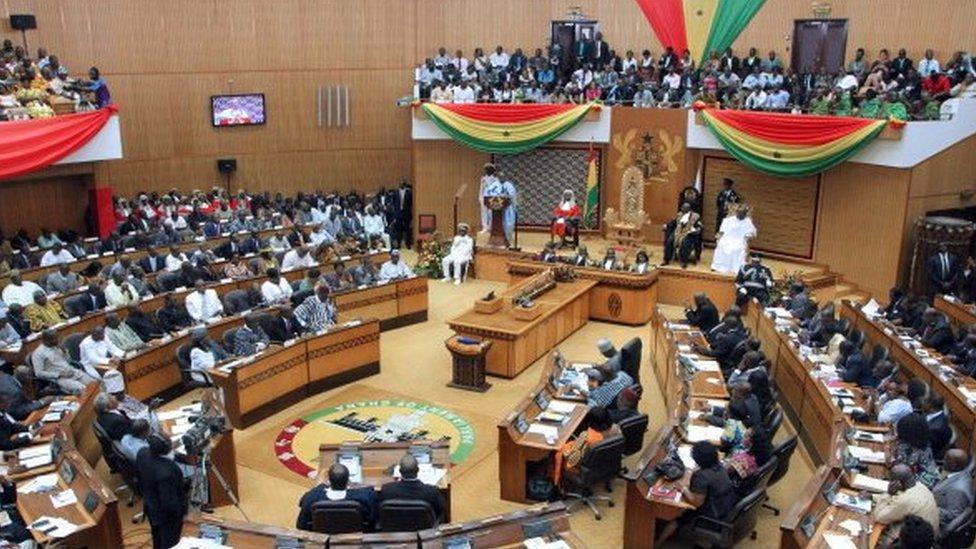Ghana has passed a law to boost women’s participation in governance to 30% by 2030, aiming for greater gender equality.
Ghana’s lawmakers passed a significant law on Tuesday July 31, 2024 aimed at increasing opportunities for women at the national level. The new legislation sets a target to enhance women’s participation in governance and decision-making to a minimum of 30% by 2030. This landmark decision, announced by the Speaker of Parliament, Alban Bagbin, culminates a process that began in 1998 to create a more equitable society.
The Affirmative Action Gender Bill 2024 was passed unanimously by Members of Parliament (MPs), mandating efforts to address socio-cultural, political, economic, and educational imbalances in both private and public sectors. The law will come into effect once President Nana Akufo-Addo, who has expressed support for the measure, signs it.
Bagbin emphasised the necessity for Ghana to act on the law’s requirements, inspired by the 1992 Constitution, which mandates the state to take steps to ensure gender equality and equity. “We need to do more to be able to create this free and just society we are looking for to liberate more of our women,” he said.
Currently, less than 15% of Ghana’s 275-member parliament are women, falling short of the United Nations’ target of 30% for all countries. The country was ranked 119th in a June report on the global gender gap in political empowerment. This new legislation aims to bridge this gap and promote greater gender balance in governance.
Shamima Muslim, a 44-year-old gender and political activist, hailed the passage of the bill as a crucial first step towards addressing historical and systemic barriers to women’s participation in politics and other sectors. “It is a welcome decision that demands further consistent action to achieve the noble ideal of building a just and equitable country,” she said.
In a country that has recently enacted one of Africa’s most restrictive laws against LGBTQ people, although its implementation is stalled by legal challenges, this new affirmative action law marks a progressive move towards gender equality. The legislation signifies Ghana’s commitment to creating a more inclusive and balanced society, promising a brighter future for women and marginalised groups across the nation.
Melissa Enoch
Source:https://www.arise.tv/


